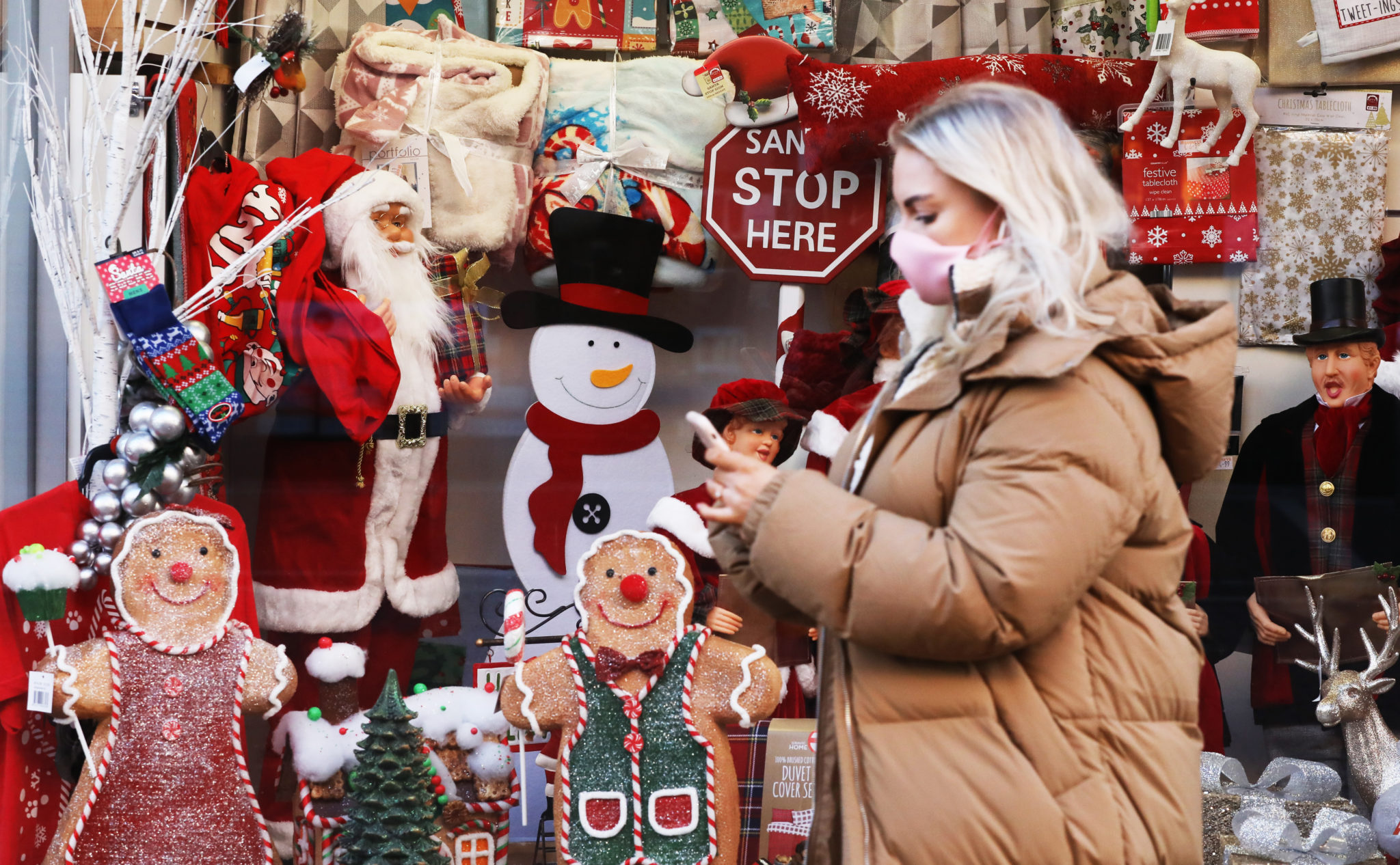The head of the HSE says he does not believe healthcare workers should be forced to get a COVID-19 vaccine.
They are one of the highest priority groups, along with nursing home residents and over 70s, when a jab becomes available.
Yesterday, the HSE's Chief Clinical Officer Dr Colm Henry said healthcare workers including GPs, nurses and pharmacists will all be involved in vaccination programmes, and there is plenty of experience of large-scale programmes here.
It comes as the Government is expected to receive a report today on how COVID-19 vaccines will be rolled out in Ireland once they are approved.
The CEO of the HSE Paul Reid said highlighting the risks of not getting the jab should be the main strategy to drive uptake.
Speaking to Newstalk Breakfast, he said he does not believe it should be compulsory for healthcare workers as it could actually have a detrimental effect on uptake.
He said: "I'm always a firm believer that everything about this pandemic is about winning hearts and minds and not forcing compliance.
"I think that's what proved very beneficial for Ireland so far in its success.
"One issue about making these things mandatory is that it can backfire against you, you actually start to feed the anti-vaxxer campaign.
He said the success of using a risk-based assessment with the flu vaccine this year has proven very effective, with "huge extra demand and uptake from healthcare workers".
He believes that a similar strong uptake will be seen with the coronavirus vaccine.
January roll-out
It comes as European regulators are due to decide whether to approve the Pfizer jab by December 29th.
The Minister for Health Stephen Donnelly said yesterday that the vaccine could then be rolled out "within a number of days" following approval.
Mr Reid said Ireland's health service is ready and "mobilised" to deliver the COVID-19 vaccine nationally once it has been approved.
He is hopeful that the jab can be rolled out in January.
He added that there are "many issues we don't know" but that assuming the vaccine is given the green light at the end of this month, the health service is ready and mobilised to distribute it here.
Mr Reid said: "I have always said it certainly should be early January we're mobilising and delivering a vaccine.
"The first unknown is the volume of the delivery of the first batch and the date of delivery of the first batch, but that is part of what the task force will see."
Speaking to The Pat Kenny Show today, Professor Paddy Mallon, an infectious diseases consultant at St Vincent's Hospital, said having an online system would make sense.
He explained that having such a system would avoid duplication and would help ensure that people get both shots of the vaccine.
Mr Reid said the HSE have been examining the end-to-end delivery and prioritisation of the vaccine.
He said: "It's obvious a system will be required in terms of tracking who got what vaccine and at what stage, when the next vaccination is due because most likely most of them require two vaccinations.
"A system is required and we have been speccing that out for quite some time.
"We have been engaged with a number of vendors throughout this week with the intention of selecting the best solution.
"At different stages of the vaccination programme there will be a different requirement, whether it's self-registration, but all of that is part of the plan that we will be recommending to Government."
 A woman wearing a mask as she walks past a Christmas window display outside Guiney's on Talbot Street in Dublin City Centre. Image: Leah Farrell/RollingNews
A woman wearing a mask as she walks past a Christmas window display outside Guiney's on Talbot Street in Dublin City Centre. Image: Leah Farrell/RollingNewsChristmas
With exactly two weeks to go until Christmas, health officials are asking people to limit their social contacts from today.
NPHET has also advised against people taking a COVID-19 test before visiting relatives over the festive season.
Mr Reid also appealed for people to vigilant over the next few weeks so that the health system does not become overwhelmed by coronavirus cases paired with seasonal illnesses.
He said: "We're heading into the winter in a stronger position than we have ever done.
"My big concern over the next four weeks as CEO for the HSE is that we get the culmination of a lot of risks coming together.
"The risk now with coronavirus is that we have a high level of cases rising because people are mixing more and on top of that we have a high level of contacts."
Mr Reid added that the HSE could come under pressure due to the normal influx of patients with the winter flu and other illnesses in December and January and the added increase in hospitalisations due to COVID-19.








